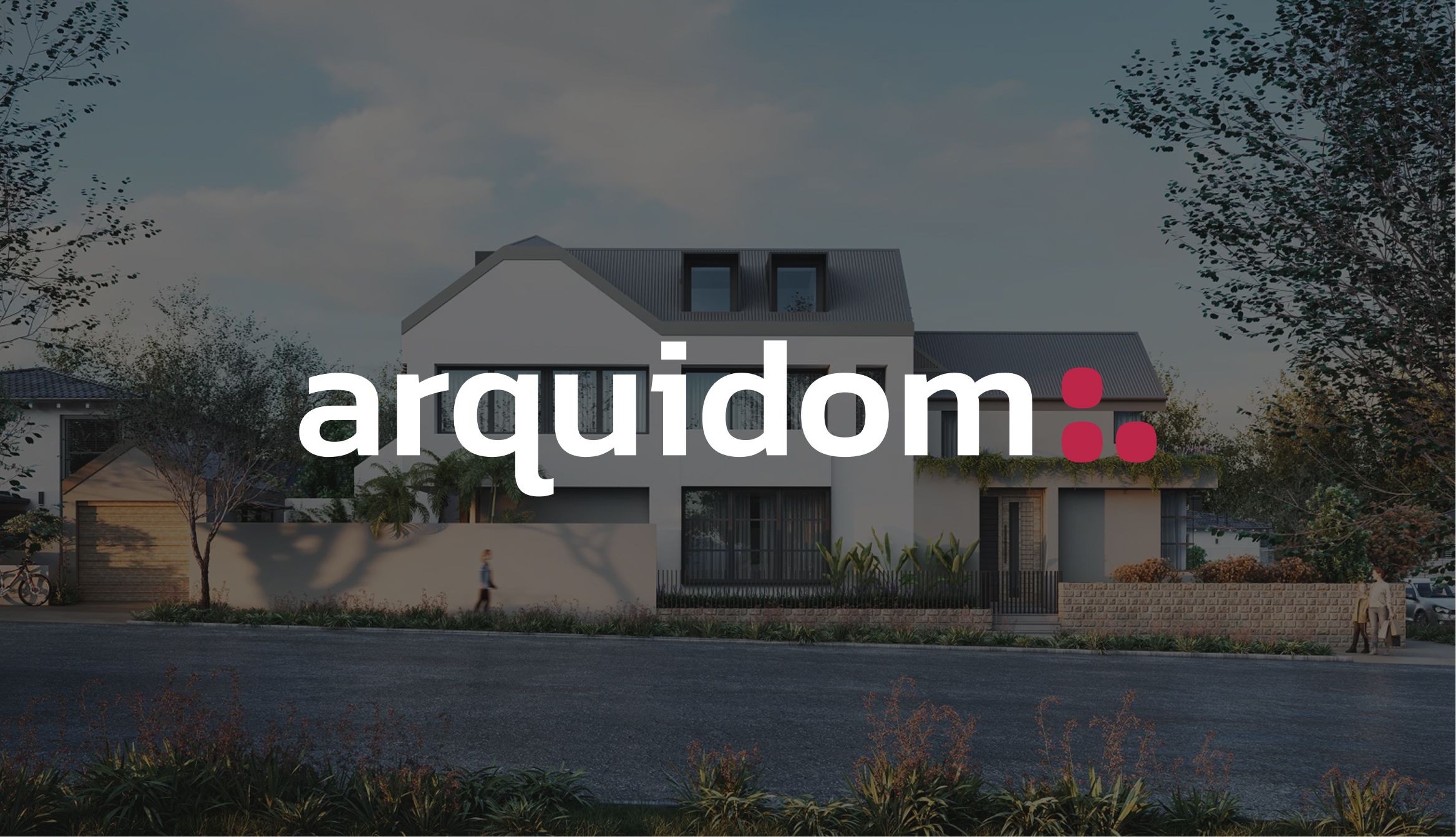

Online Strategies
What is a Lead Magnet. Examples and meaning
Regardless of whether you manage an e-commerce, a service website or a cooking recipe portal, YOU NEED TO CREATE OPTIMIZED TITLES to position your content.
Optimizing titles isn't simple or automatic (at least on most portals) so you have to follow a process that ensures that your meta title is optimal for Google and for users.
With that idea in mind, I bring you a Titles optimization checklist for SEO with which your meta title will be completely optimized and ready to compete.
Obviously, if you have a target keyword defined for that URL, you must include it in the title. First step of title SEO optimization performed.
In many cases, our target keywords are linked to others that form a common search string. You can add these complementary keywords and the result will be a much more natural and adapted title.
Adding your brand to titles is a technique that is done frequently.
Its objective is to link the target terms to your brand name and make a semantic relationship that allows Google and the user to identify these two KWs as something related.
The maximum extension of the meta titles is defined. You can't go beyond 580 pixels.
If this extension is passed, the text is truncated in the search results.
That's not cool.
As this is absolutely impossible to measure, [there are tools that perform a simulation] (https://www.highervisibility.com/seo/tools/serp-snippet-optimizer/) so that you can place your optimized text and see if the title is going to be cut or not.
Search results are a very busy place. It's a souk full of aggressive sellers and you have to manage to attract the attention of your potential visitors.
Use action verbs to create small CTAs within these fields. It's not something you can always do, but if it fits, don't miss the chance to use them.
Do, see, look, get, “click”, optimize...
Nothing will increase the CTR of your results more than offering a title that meets [the user's intention] (/search-intention/).
Investigate thoroughly what is the real purpose that your target audience may have in making such a request and give them a title that serves as a link between Google's results and your content.
Once you have a title written and optimized, compare your result with that of the portals that are ranking in the top positions for that target term.
*** Do they follow any patterns that you haven't taken into account? ***
You can try to incorporate that structure into your title proposal, or quite the contrary, do something completely different to break the pattern and generate a higher CTR if you rank among the top.
Google gives us some clues as to how we should create the meta titles correctly.
There are many ways to screw up when generating these labels, we are going to list them to be aware so that the cries don't come later.
Now you know how to leave a perfect title for any of your URLs.
If despite this your projects do not start and you need the vision of an expert team to know the possible problems of your project, do not hesitate to contact us.
** You have a form just below! **
También te puede gustar


Online Strategies
What is a Lead Magnet. Examples and meaning

Online Strategies
Examples of successful landing pages

000 THECOOKIES Terminal v1.0
Type your email to start a conversation with our AI assistant.
────────────────────────────────────────────────────────